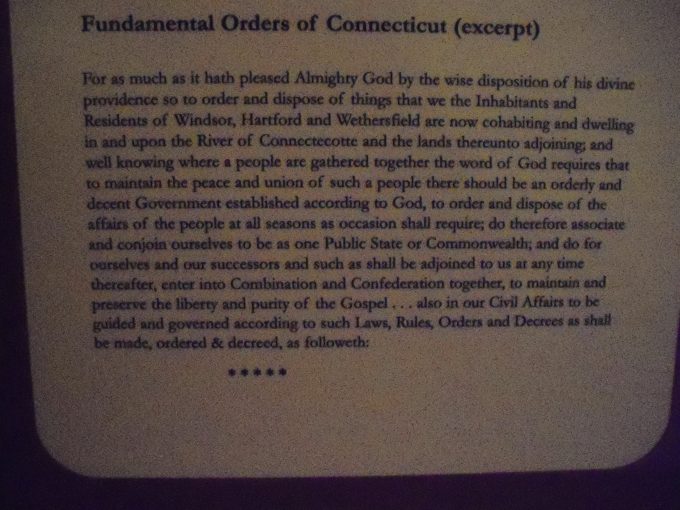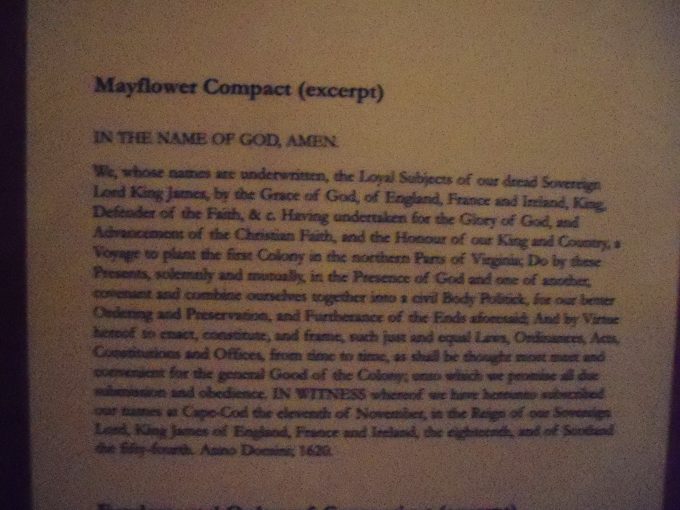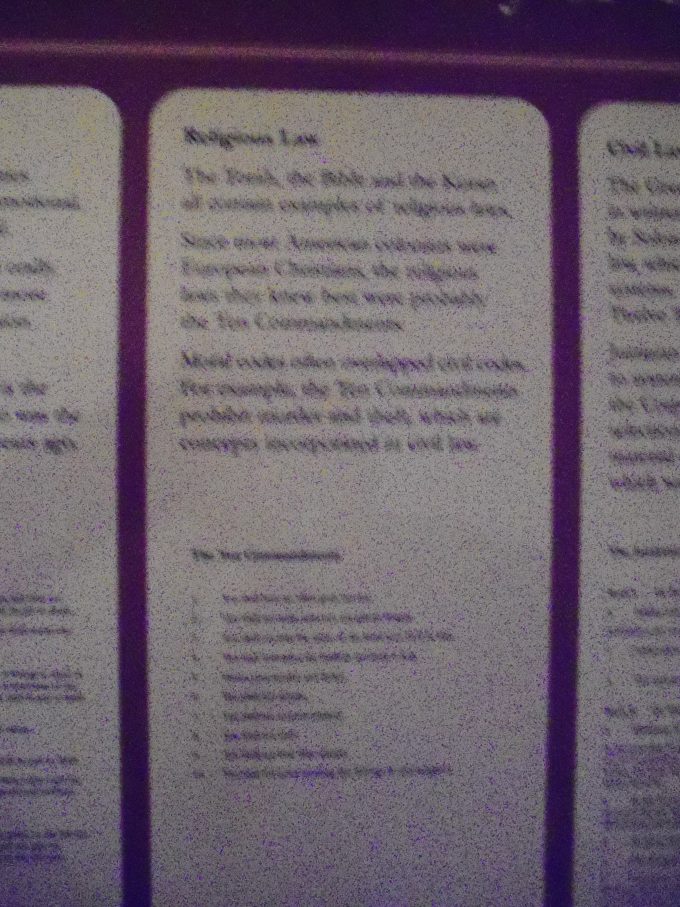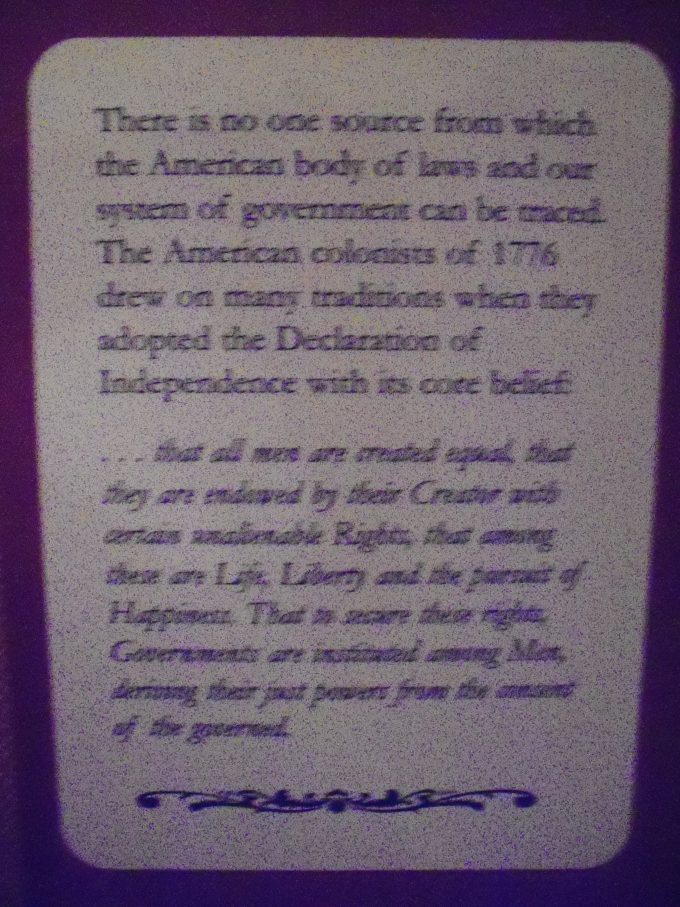
Sunday, 16 April 2017
…rooted and built up in Him and established in the faith, as you have been taught, abounding in it with thanksgiving. Colossians 2:7
In the previous verse, Paul said that we are to “walk” in Christ. Now, he changes the metaphor from walking to being rooted. The idea of being rooted is that of a tree’s roots which bury deep into the soil. They hold the tree firm, but even more, they draw up the nutrients and water with which the tree may live. This is comparable to our own position in Christ. It is through Him that we may draw up all the riches of what God offers to His redeemed. In this state, we can then be “built up in Him.”
There is a change in the tense of the verb here. The word “rooted” is a perfect participle. In other words, “be rooted.” It is a complete action he is directing for us. The word translated as “built up” is a present participle. In this, it means something more like, “being built up.” If we are rooted, we can then progress in the state of being built up “in Him.” The words, rather than saying “upon Him” which might be expected, show that Christ is the sphere in which we are being built up, not merely the grounding of something else.
After this, he next notes, “…and be established in the faith.” Again, it is a present participle which gives the sense of “being established.” If we are rooted in Christ, our faith will be established as we continue our walk in Him. In these words, it needs to be remembered why Paul is saying this. He is attacking gnostic heretics who believed that knowledge was the highest attainment of the elite, normally possessed by a few. The common and unenlightened merely possessed faith. However Paul shows that it is just the opposite. We are rooted in knowledge, and this leads to continued establishment of faith. It is faith which is pleasing to God.
Understanding this, he says, “as you have been taught.” In other words, “Hold fast to what you have received, and don’t be duped by charlatans or led astray by heretics.” In this state, he completes the thought with “abounding in it with thanksgiving.” The word “it” is referring to faith. It is in a sound and continuously established faith that we are to abound in thanksgiving. All the knowledge in the world can be heaped up, and it will not naturally lead to thanksgiving. However, when one is in Christ, and understands by faith that all goodness comes from Him, then thanksgiving will be the natural result.
Life application: Knowledge is a wonderful thing to possess, and the Bible would teach us to pursue knowledge, but it is only a beginning step to wisdom, or the right application of knowledge. When one is truly wise, they will apply their knowledge to the fear and pursuit of the Lord.
Heavenly Father, I believe that Christ Jesus rose from the dead. My sin is buried, and I am alive with Him. May all the redeemed of the Lord praise Your name forever and ever! Amen.




